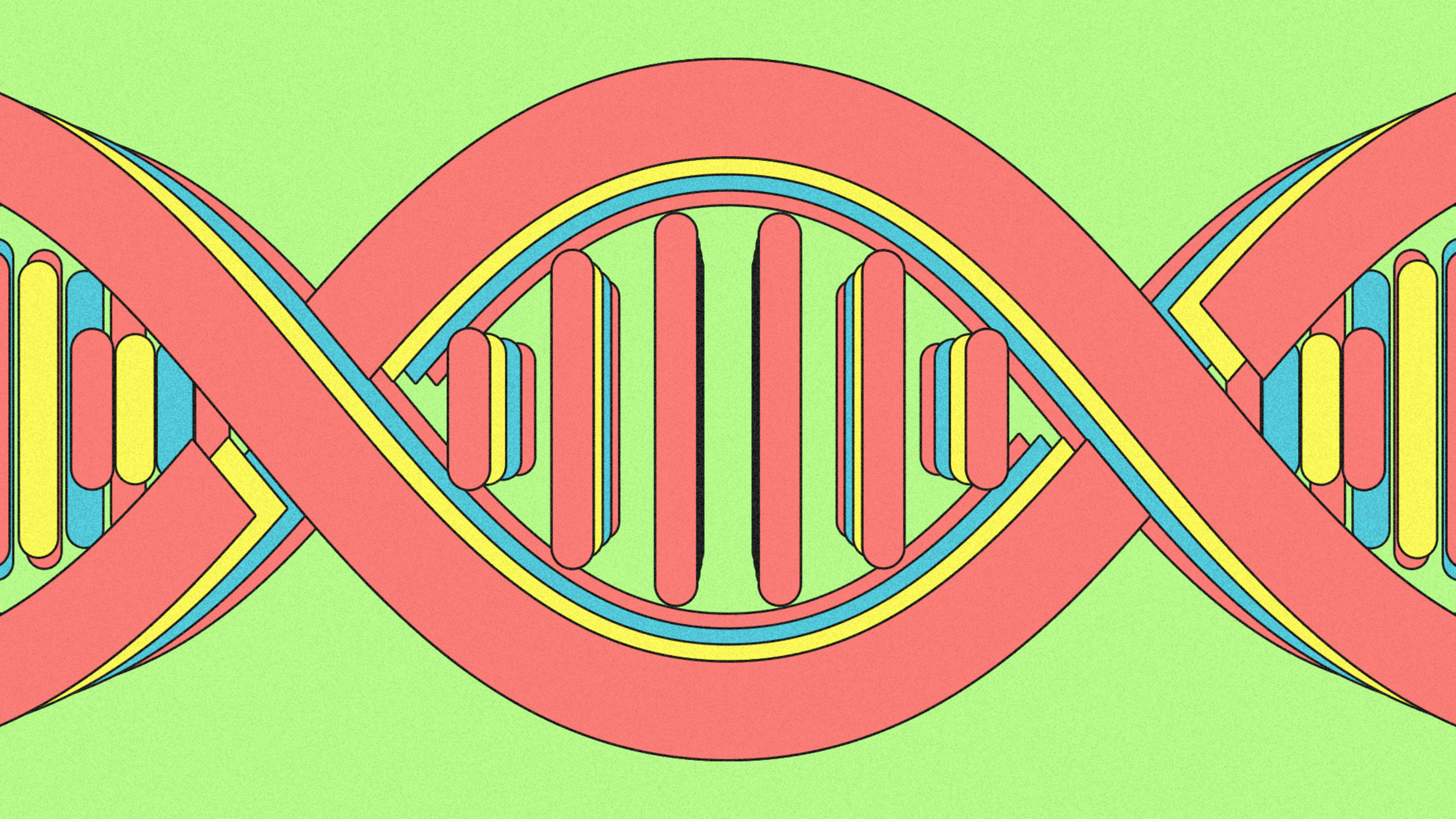When 23andMe made a $300 million deal with GlaxoSmithKline in July–so the pharmaceutical giant could access a vast store of genetic data as it works on new drugs–the consumers who actually provided that data didn’t get a cut of the proceeds. A new health platform is taking a different approach: If you choose to share your own DNA data or other health records, you’ll get company shares that will later pay you dividends if that data is sold.
“You can’t say data is valuable and then take that data away from everybody,” says Dawn Barry, president and cofounder of LunaPBC, the public benefit corporation that manages the community-owned platform, called LunaDNA, which recently got SEC approval to recognize health data as currency. “What we’re finding is that [our early adopters are] very excited about the transparency of this model–that when we all come together and create value, that value flows down to the individuals who shared their data.”

The company doesn’t offer DNA analysis itself, but chose to focus on data management. If you’ve sent a tube of spit to 23andMe, AncestryDNA, MyHeritage, or FamilyTree DNA, you can contribute that data to LunaDNA and get shares. (If you’d rather not let the original testing company keep your data, you can also separately take the steps to delete it.)

For sharing targeted genes, you get 10 shares. For sharing your whole genome, you get 300 shares. At the moment, that’s not worth very much–the valuation takes into account the risk that the data might not be monetized, and the fact that the startup isn’t the exclusive owner of your data. The SEC filing says that the estimated fair market value of a whole genome is only $21. Some other health information is worth far less; 20 days of data from a fitness tracker garners two shares, valued at 14¢. But as more people contribute data, the research value of the whole database (and dividends) will increase. If the shareholders ever decided to sell the company itself, they would also make money that way.

If the company can convince more consumers to share their health data, it will be an important step for medical research. “The problem we heard from the genomics and research communities is that they want to conduct more robust research using longitudinal, real-world data,” says Barry. “By engaging individuals through our platform to continuously contribute their health data, the aggregate data becomes more valuable to advancing science and medical research than ‘moment in time’ retrospect snapshots. By engaging individuals responsibly, honoring their needs and giving them choice, we aim to capture an unprecedented scope of information scope and scale it to accelerate the pace of medical discovery. Ultimately, we want to help expand the field beyond research into understanding disease and what’s keeping people well, as there may be clues into delaying onset and slowing disease in those populations.”
Recognize your brand’s excellence by applying to this year’s Brands That Matter Awards before the early-rate deadline, May 3.
